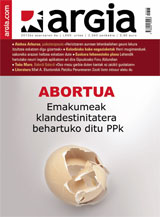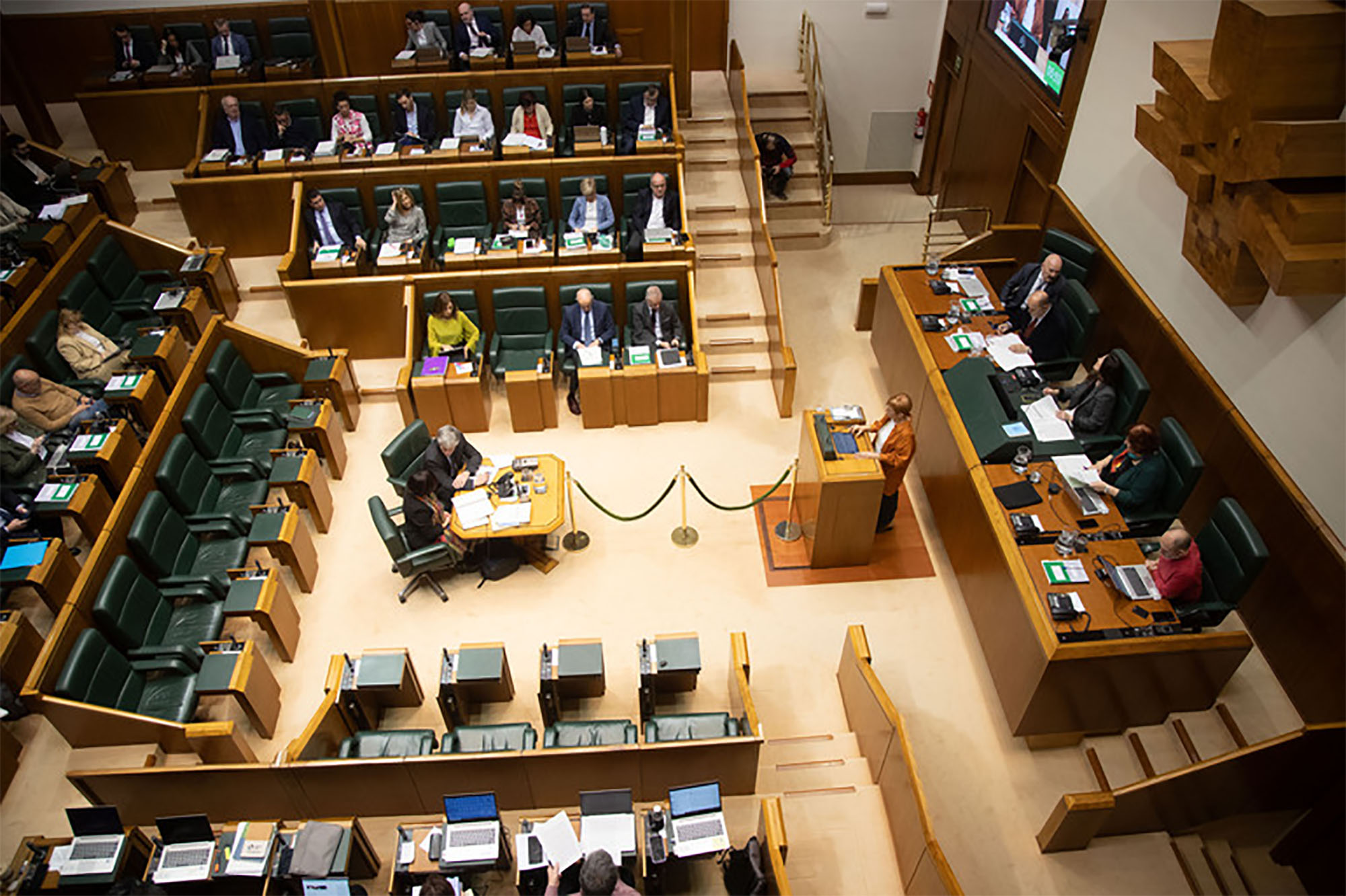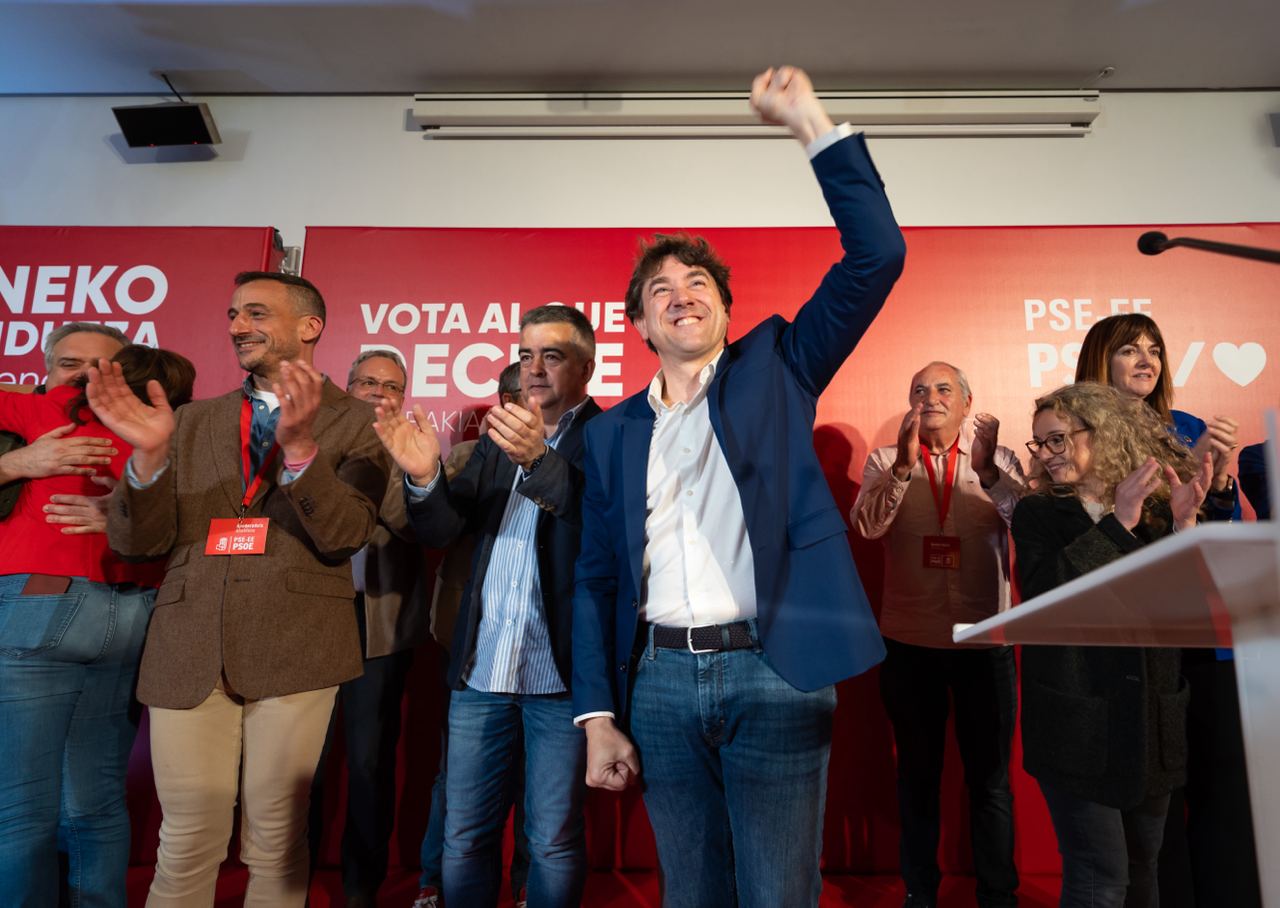Elections and realism
I have used the day of reflection to write my article. It's October 20. Thus, the “great day of democracy” has not yet come and the concrete will of the people is not known. The result of these elections, the agreements to be reached, the failure of some interviews, the success of others, the composition of the government... Today there seemed to be an urgent need for further reflection.
According to the Declaration of Human Rights and the Spanish Constitution, citizens have the right to participate in public affairs, either directly or through representatives, freely elected by universal suffrage in periodic elections.
Therefore, in these elections, we citizens are selecting our representatives to exercise our right to participate in public affairs. The liturgy and spectacle offered in the electoral process must be at the service of the latter. But also in the service of it, undeniable principles such as transparency, non-discrimination, equal access to public office and social plurality – in the terms of the Law of the electoral Basque Parliament.
I would add another foundation: realism.
Well, in my opinion, all these principles are wobbling during the campaign of all electoral processes.
On the one hand, I do not see clearly that the principles of transparency, equality and political plurality are fully adhered to. No, that's it. Firstly, because it is in the hands of the political parties and because the intervention of other groups is not properly promoted: not even a system of open lists is accepted. On the other hand, the electoral process itself is very rigid. In this system, small parties and groups are harmed by various causes, but above all by the scant possibility they are given in the public media and by the little help they receive from the public authorities.
If the people have to participate in public affairs, albeit indirectly, it should be done as a people. But that's not the case. The reality is that we citizens are currently experiencing an extreme crisis and suffering. And that situation should also be reflected in the electoral processes. But that is not the case at all: the expenditure has not been reduced (neither structural nor party expenditure nor the aid they receive), the means used have not been reduced and, in my view, all the major parties have acted courageously.
A healthy democracy is based on a strong, structured and effective civil society. This requires that all institutions and groups have the opportunity to deepen the freedom regime, recognizing and respecting the diversity of citizenship.
Today, no one denies that our society is ever further away from politics. It is therefore absolutely necessary and urgent to restore and strengthen the links between citizenship and political institutions. To this end, it is necessary to promote the real and effective participation of society in public life, not only through elections, but also through this electoral system. We must continue to strengthen other avenues and tools and improve the ones we already have.
40 years later, Álava was a Spanish feud. What has happened since for a change of this size, the undeniable victory of EH Bidu in the last elections?
This singular fact cannot be understood from an evolutionary process through which Spanish consciousness becomes Basque... [+]
The night of 21 April left quite clear results around the winning and losing election parties. As the Ortuzar have pointed out, voters have given the PNV a new opportunity and it has been the most voted party in the CAV; in Araba and Gipuzkoa the victory has been for EH Bildu,... [+]
As viewers and interested in teaching, as we continue with the election campaign, we are led by the concerts of the Municipal Band of our city, those concerts that we go every year. Musicians would be candidates for the presidency. The same scenario, all ordered, the same... [+]
On 21 April we held the Basque elections. Prior to the arrival of the elections, several media surveys were published, many times EH Bildu was considered winner, sometimes in votes and seats, others only in seats. This was a major change for the Basque Parliament elections,... [+]
“The most Abertzale parliament of all time” vs. “Independence is at the historical lows.” These two statements have been heard in recent times and have increased following the elections held on 21 April in Araba, Bizkaia and Gipuzkoa. These two phrases, considered as... [+]
It is undeniable that election campaigns are channelling everyone, not only the society that is being asked first for the attention and then the vote, but also those who are trying to convince the voters on a daily basis.
On the last day, after knowing the results and... [+]
After the whirlwind of the election campaign, and once we have left the vote in the ballot box, we are in a position to make our reading. After all, it seems that they will govern the same as before, from the head. We therefore do not know whether we should invite this new... [+]
In the Gasteiz Parliament it is said that there is a “sovereign majority”, which is also a “left-wing majority”. On the contrary, as we all know, the government that will leave this assembly of elected officials will not be sovereign or left-wing. EH Bildu has tried to... [+]
27 + 27 = 54
Are we convinced that this is not the way to the Basque people once and for all? What is not the route of Euskaldunization of the Ertzaintza?
Are we convinced that this collaboration will not contribute to putting the whole of Euskal Herria on the path of the... [+]
















